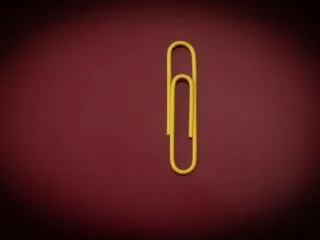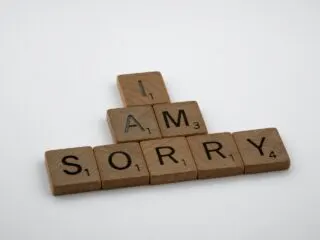In English, we qualify our adjectives by adding words in front of them. In the case of something that is “recommended,” we may wonder if it is correct to say it is “highly recommended” or if we should instead choose “strongly recommended”? If we describe something as “highly recommended,” we say many hold a favorable …
Susan Parker
When we say goodbye to people, especially in a casual setting, we’ll often reference the next time we expect to see them. Of all the ways to do this, is it correct to say “see you then”? It is correct to say “See you then” to someone if you’ve already mentioned the time or date …
As you communicate more in English, you will likely need to send a document, such as an invoice or resumé, to someone you are corresponding with. In this case, you may wonder whether it is correct to say, “please find attached.” It is correct to use “please find attached” when you wish to draw attention …
English is riddled with idioms that are sometimes difficult to define. You need to hear idioms in conversation to understand and use them yourself. An example of this kind of English idiom is “at your convenience.” It is correct to say “at your convenience” if you’d like something to happen at a time or place …
We often need to say “I’m sorry,” and in English, there are many ways of saying this. In conversation, we sometimes use single words or abbreviated phrases that stand alone to express our feelings. Is this the case with “apologies”? It is correct to say “apologies” as a quick way of saying, “I’m sorry.” It …
In English, compound words and contractions can sometimes be confusing. There are some words where it’s not apparent if you should write them as one or two words and if that could change their meaning. Many English speakers wonder if “cannot” is one word or two. Most English speakers prefer “cannot” over “can not,” though …






